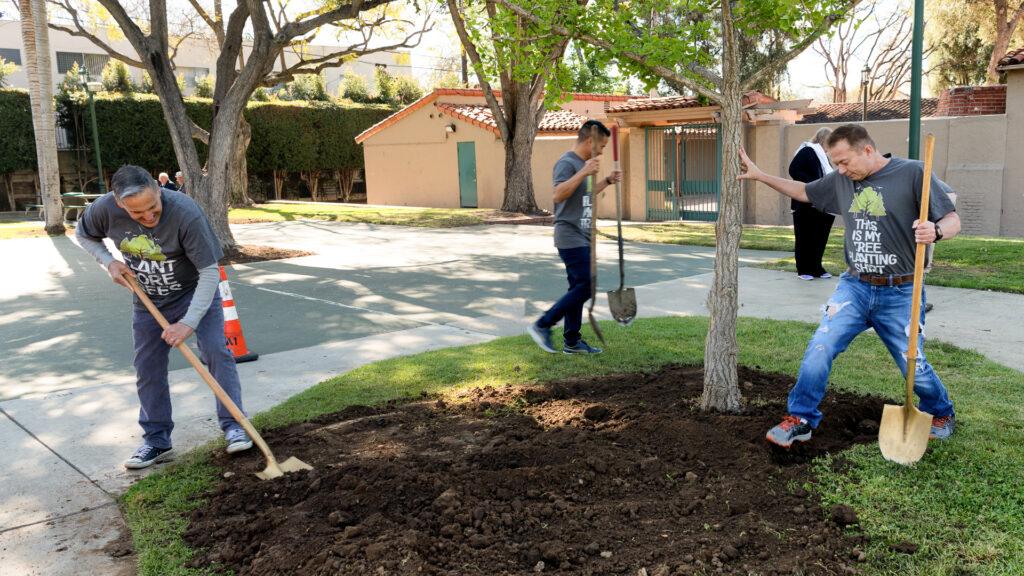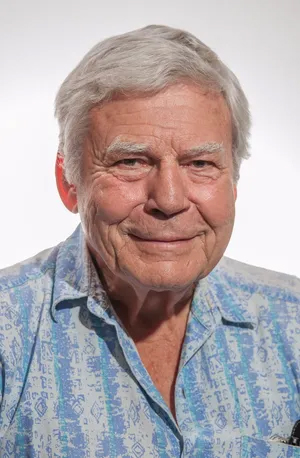By Richard H. Baker, Pelican Island Audubon Society
Billions of people are being harmed by human-caused climate change.
Coastal Florida ocean waters have been over 90 degrees! We’ve hit record-high temperatures, the hottest in 125,000 years.
How can we stop further human contributions in our county? Huge green areas are clear-cut to the ground not only for homes, roads and parking lots, but to construct huge storage buildings for all the extra stuff we buy but have no place for. It’s a big waste of land, soaking up and holding our sun’s heat.
Leaders: Get serious about protecting our only home, the Earth. The climate crisis is here, now, not in the future. Thousands of lives are lost as communities are ravaged by wildfires, floods, droughts, heat waves and hurricanes. For starters, let’s update tree and landscape ordinances.

We plant three times more turfgrass acreage than corn but cannot eat it. Mowing grass with noisy gas-powered tools has produced a desert of grass. Americans burn 800 million gallons of gas a year trimming yards and spill 17 million gallons when refueling equipment. Astoundingly, 64% of our disappearing drinking water goes on lawns (88% in summer).
Each of us can make a difference. Trees are key. Let’s replace 80% of turfgrass by rapidly rewilding lands by using the Miyawaki Method, where different native trees and plants are planted close together. This provides shade and evapotranspiration that lowers temperatures, absorbs carbon dioxide to reduce climate change and lowers home energy costs.
Trees capture gallons of rainfall, reducing flooding. Shaded surfaces can be 20 to 45 degrees cooler. Evapotranspiration alone can reduce cities’ peak summer temperatures by 2 to 9 degrees.
Our cities must have more parks, more trees to shade parking lots and fewer concrete and hard surface parking lots. Most importantly: Stop clear-cutting our forests for development. Leave the big trees. Build around them. Replace the number of cut trees along edges of roads to have shady, welcoming neighborhoods. Save at least one large tree on each lot.
Planting a tree in a new yard is required, but frequently the tree is replaced with a palm tree that provides little shade. A palm tree is not a real tree, it’s a form of grass, providing little environmental benefit. Low-impact developments are key to preserving our future. Require each development to have forested parks preserved for every 100 homes.
Originally, huge 300-year-old pine, oak and cypress trees graced our lands. Native trees are good for our environment while non-native plants can be toxic to our insects, birds and wildlife. Native plants provide food and habitat for many animals, especially our birds, which, since 1970, have decreased by nearly 30%: 3 billion birds gone!
The best tree for birds is our Southern live oak, which the Pelican Island Audubon Society gives away free along with other plant species.

In Indian River County, 395 species of butterfly and moth caterpillars that birds feed to their young use Southern live oaks as food and protective shelter. Some 90% of our insects are beneficial or benign, but we use insecticides that target all insects and soil microorganisms.
Many Florida pollinators raise their young underground. Herbicides also kill beneficial plants, the remains of which enrich our soils and feed pollinators. After killing the natural nutrients, we then add fertilizers, which run off into our lagoon. These extra nutrients feed algae that suffocate our seagrasses, thus starving manatees. For every ton of fertilizer produced, two tons of carbon dioxide are released.
In addition to homes, our county and cities can plant many trees along our roads, especially in the medians. Find the best native trees and plants for your area at nwf.org/NativePlantFinder/Plants/2804.
Let’s aspire to become green citizens. Let’s change how we live immediately to protect ourselves and the wonderful beauty of nature. Our and our children’s future depends on you and me saving and planting more trees.
Richard H. Baker of Sebastian chairs the board of the Pelican Island Audubon Society. This opinion piece was originally published by TCPalm.com/Treasure Coast Newspapers, a media partner of The Invading Sea.
If you are interested in submitting an opinion piece to The Invading Sea, email Editor Nathan Crabbe at nc*****@*au.edu. Sign up for The Invading Sea newsletter by visiting here.



